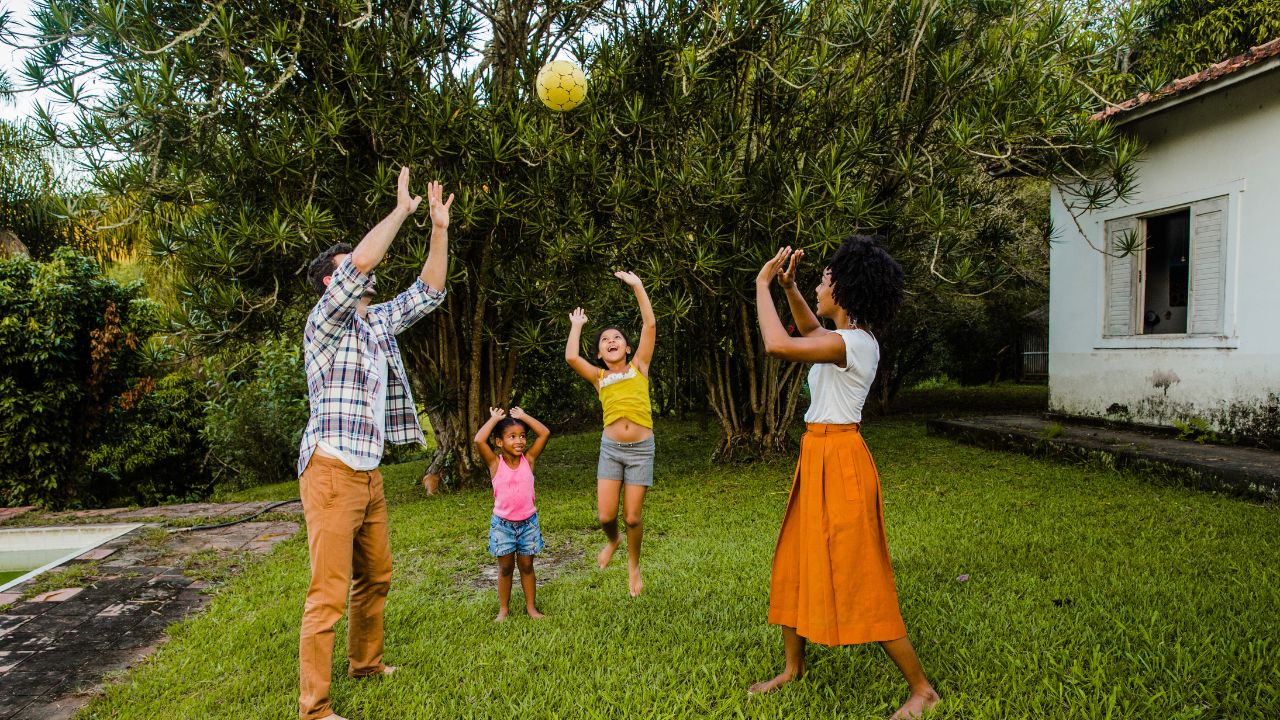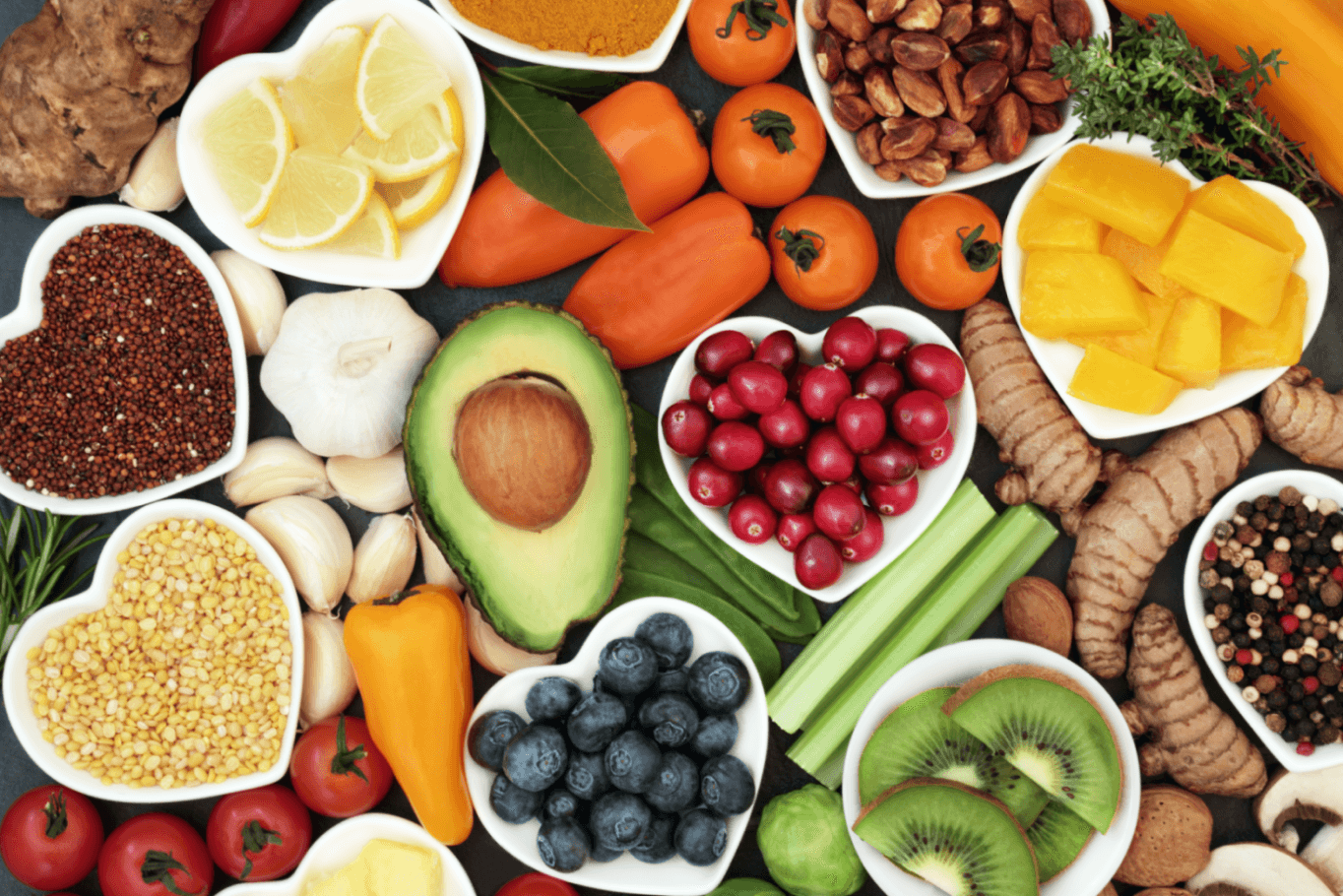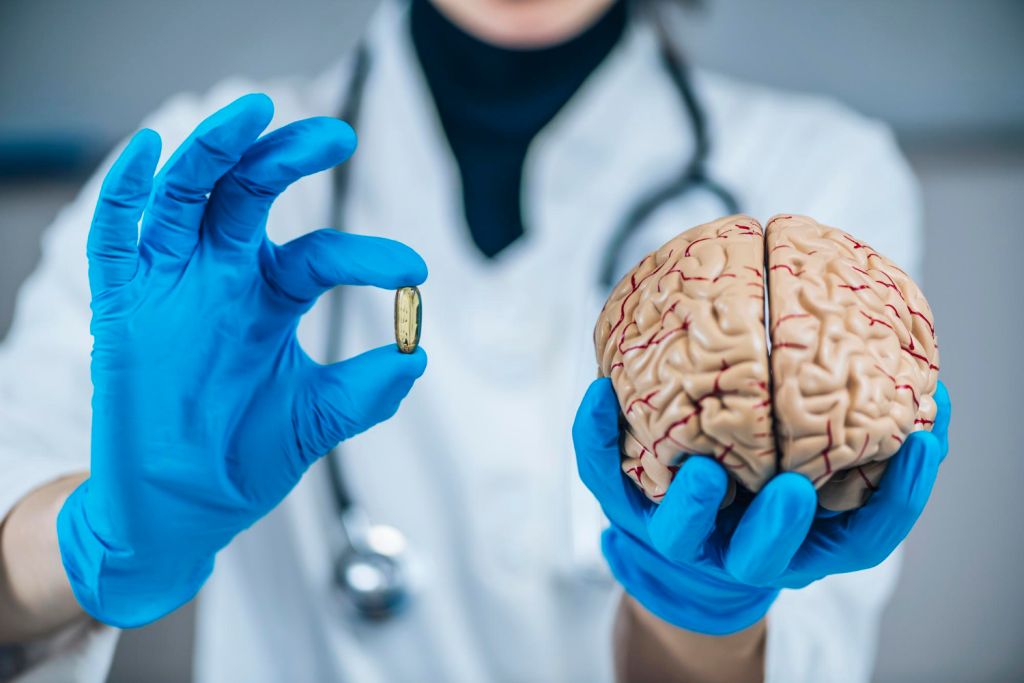How Gratitude Can Rewire Your Brain for Positivity

Gratitude is more than just saying “thank you”, it’s a powerful mindset that can transform the way your brain thinks and feels. When practiced regularly, gratitude can literally rewire your brain, helping you focus on positivity, reduce stress, and improve overall well-being. Neuroscience shows that expressing appreciation activates brain regions linked to happiness and emotional balance, training your mind to seek out the good even in challenging times. In this post, we’ll explore how gratitude influences your brain, why it’s so effective for mental health, and simple ways to make it part of your daily life.

How Gratitude Changes Your Brain Chemistry
Gratitude has a profound effect on your brain chemistry, influencing the neurotransmitters that regulate mood and motivation. When you practice gratitude, your brain releases dopamine and serotonin — the “feel-good” chemicals responsible for happiness and emotional stability. Unlike fleeting pleasures, these chemicals create a lasting sense of well-being, helping you feel more content and resilient. Gratitude also reduces levels of cortisol, the stress hormone, which can calm anxious thoughts and promote mental clarity. Over time, regularly acknowledging what you’re thankful for strengthens neural pathways associated with positive thinking, making it easier for your brain to notice and focus on uplifting experiences. This process, known as neuroplasticity, essentially rewires your brain, shifting your default mindset from negativity or scarcity to appreciation and abundance. By consistently practicing gratitude, you’re not just boosting your mood — you’re literally training your brain to seek positivity in everyday life.
Daily Gratitude Practices That Really Work
Using daily gratitude practices into your routine doesn’t have to be complicated, yet even small habits can have a big impact on your mental well-being. Start by keeping a gratitude journal, writing down three things you’re thankful for each day, no matter how small. Another effective practice is the gratitude walk: take a few minutes outdoors and consciously notice aspects of your surroundings that bring you joy. Expressing gratitude to others — through a note, message, or simple verbal acknowledgment, not only strengthens relationships but also reinforces positive feelings in your own brain. For a mindful approach, try gratitude meditation, focusing on moments, people, or experiences that make you feel appreciative. Consistency is key: even spending just five minutes a day on these practices can help train your brain to notice the positive, reduce stress, and cultivate lasting happiness.
How Gratitude Strengthens Relationships and Social Bonds
Gratitude is a powerful tool for strengthening relationships and deepening social connections. Expressing appreciation, whether through words, gestures, or acts of kindness — signals to others that you value and acknowledge their efforts. This recognition encourages trust, empathy, and mutual respect, which are the foundations of strong relationships. People who regularly express gratitude tend to experience more positive interactions, feel closer to friends and family, and are more likely to offer support in return. Even small acts, like saying “thank you” or sending a thoughtful message, can create a ripple effect of kindness and reinforce emotional bonds. Over time, cultivating a grateful mindset not only improves your own well-being but also encourages healthier, more fulfilling connections, helping you build a supportive social network that improves both personal and emotional growth.
Conclusion
Practicing gratitude goes beyond politeness — it reshapes your brain, reduces stress, and strengthens relationships. By trying daily habits like journaling, meditation, and expressing appreciation, you can cultivate a lasting positive mindset. Over time, gratitude becomes a powerful tool for emotional resilience, happiness, and deeper connections with those around you.






